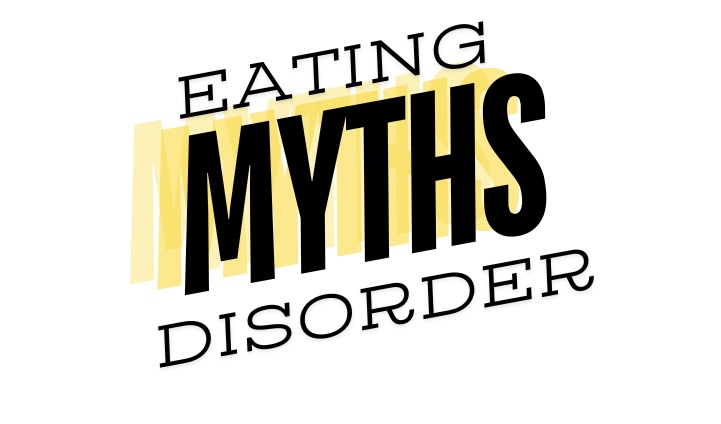
There are a lot of eating disorder myths that many people simply believe. If you haven’t known someone who struggled with an eating disorder, struggled with one yourself, or consciously educated yourself about these disorders, you may have come to believe some of the common misconceptions as well. Read through the following and see if any surprise you.
Myth #1: Eating disorders are just about food
Food is often a central focus of eating disorders, but it’s just not this simple. Eating disorders develop because of a complex interaction between psychological, emotional, social, and biological factors. Food is often just the mechanism through which this complexity is expressed.
Myth #2: Eating disorders only affect young women
Eating disorders affect people of any age, gender, race, or socioeconomic background. They do not discriminate. While they are more commonly diagnosed in young women, they can occur in men and people of all ages.
Myth #3: They are a choice or a lifestyle
Eating disorders are serious mental illnesses, not a lifestyle choice. In fact, they have the highest mortality rate of any mental health illness. Eating disorders involve unhealthy behaviors and thought patterns that often require professional intervention. It is not something that someone simply “chooses.”
Myth #4: They are solely about being thin
While concerns about weight and body image are common in eating disorders, they can affect people of all shapes and sizes. Someone may appear to be a healthy weight or even overweight, while still struggling with disordered eating behaviors and thoughts. Eating disorders may also involve behaviors like binge eating, purging, or excessive exercise.
Myth #5: Only extreme cases are problematic
Eating disorders exist on a spectrum, and even mild or moderate symptoms can have significant impacts on physical health, emotional well-being, and quality of life. Some physical health complications include thinning of bones (osteopenia or osteoporosis), anemia, low blood pressure, or damage to the structure and functioning of the heart. Emotional complications often include anxiety, depression, and increased risk of self-harm and suicidal thoughts and behaviors.
Myth #6: They are just a phase that will pass
Without proper treatment and support, eating disorders can persist and worsen over time. Early intervention is crucial for recovery. If your child shows signs of an eating disorder, please do not think it is just a phase. Seek help from your child’s primary care doctor or mental health professional.
Myth #7: Recovery means no longer having any disordered thoughts or behaviors
Recovery from an eating disorder is a process that can involve setbacks and challenges. It’s about developing a healthier relationship with food, body image, and oneself, rather than completely eliminating all disordered thoughts and behaviors. People in recovery often experience lapses or relapses in either thoughts or behaviors.
If you’ve found yourself believing some of these eating disorder myths, don’t worry—you aren’t alone. However, it’s important to start recognizing the falsehood in some of these statements and correcting them when they are heard. This is one way we can help reduce stigma and increase awareness about eating disorders.

